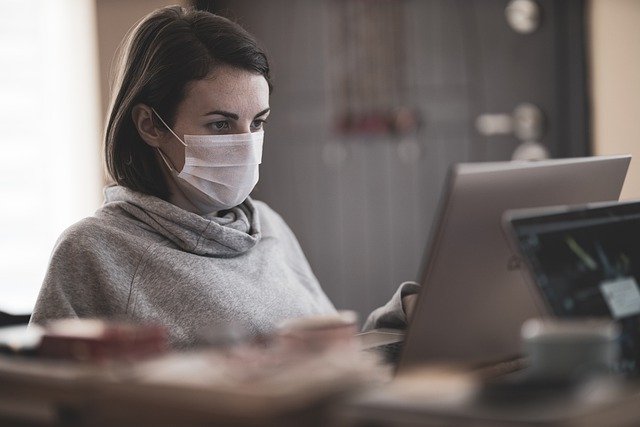The world has already stepped in the tenth month of the COVID-19 pandemic, and the case of infection continues to surge worldwide. We are stuck in a pandemic that doesn’t even have a vaccine yet. While the medical experts and researchers across the globe continue to conduct studies to learn more about the virus and its bizarre range of symptoms.
It is somehow now becoming very unclear that battle with COVID-19 is not going to be a easy one. Coronavirus initially was thought to be another infectious disease unlike a respiratory infection but now it has become very clear that the virus manifests differently in different people.
Dr. JPS Sawhney, Cardiologist at Sri Ganga Ram Hospital, New Delhi talked to the Healthwire about it and said, “These are called the post-viral syndrome when the person recovers from the disease they tend to form antibodies in their body and these antibodies sometimes react with the normal tissues which we call inflammatory reaction or free radical reaction. These free radicals persist in the body for three to six weeks even after the person is COVID free.”
“The Inflammation reaction and free radical reactions take place after recovery from the virus and is a normal phenomenon, which later on causes mild pain, muscle aches in the body or the symptoms in the body which persists for few days,” he added.
What are the symptoms?
Symptoms from severe lung damage to heart attacks and life-threatening clots to stroke and memory loss to the after-effects of the weakening illness are much graver than previously thought. The numbers of people who have survived COVID-19 are increasing but it is reported that they continue to battle the symptoms of the illness even after long time.
The people who suffer from the unstoppable after-effects of the disease when they have been cleared COVID free, still experience fresh symptoms. These people are called long-haulers and this is the most frustrating phase. The person is unclear about the symptoms and they don’t know when symptoms of the disease will finally subside as the current pandemic is not yet over.
The doctors as psychological issues have dismissed these symptoms and reports that this can be worrying for the long-haulers who don’t really understand what is wrong with him or her. But there is an increase in online support for people with long-lasting COVID-19 symptoms. The medical community is still struggling to find answers for these weird after-effects of COVID-19.
The most common symptoms of a long- haul COVID-19 are as same coronavirus symptoms. That includes symptoms like extreme fatigue, muscle or body ache, shortness of breath or difficulty in breathing, massively reduced stamina, exhaustion, inability to exercise or lead an active lifestyle, memory problems, and dizziness.
According to reports they may also experience a racing heart and unrelenting loss of smell and have complained of not being able to go back to their previously active lifestyles or return to the workplace.
What do scientists have to say about this?
According to a study conducted by Bristol-based Southmead Hospital, almost 75 percent of the patients admitted to the hospital continued to battle the symptoms of COVID-19, even after being declared COVID-free. But on average, patients said that the coronavirus symptoms lasted for three months and maximum patients were admitted due to suffering a difference in the quality of life.
While another preliminary study supports the higher-than-average risk of heart inflammation and heart failure in COVID-19 survivors.
According to the scientists and the medical community say about similar sentiments that they need more time to evaluate and understand the virus, for long-haulers it all boils to taking proper care of yourself and getting plenty of rest, drinking a lot of fluid, and including fresh fruits and vegetables in your diet is highly recommended.
It is very important to treat the symptoms and even if they come do not panic. And if you have already survived COVID-19 it shall pass too, the scientists say.

